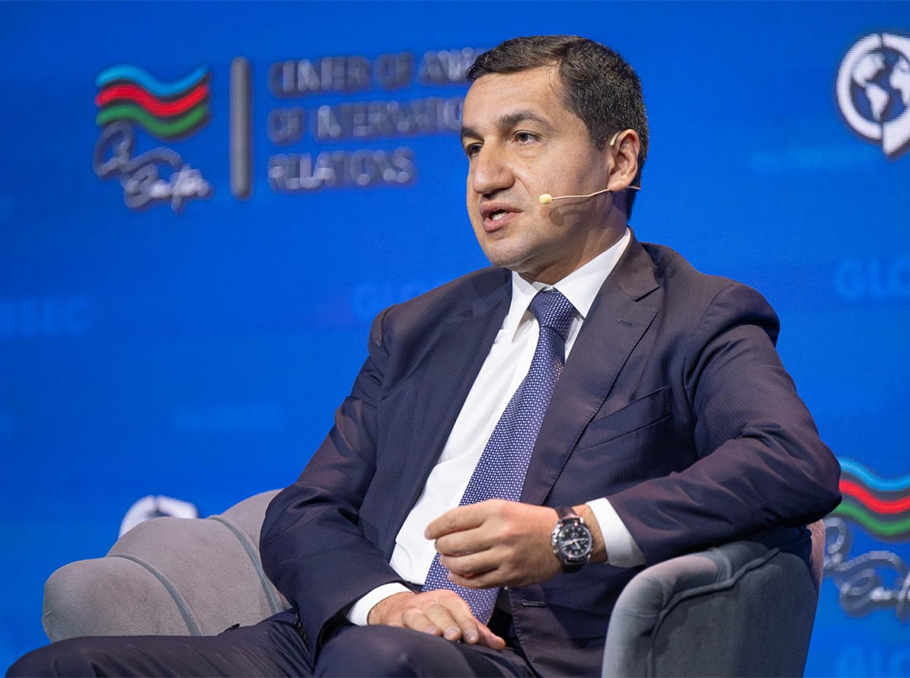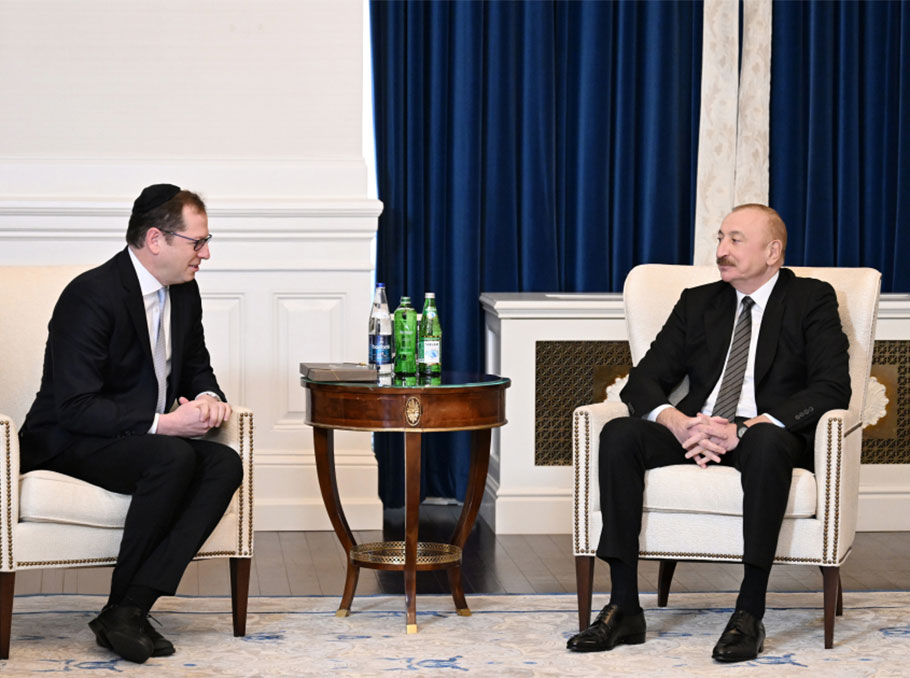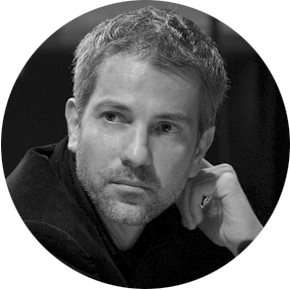Global Innovation Forum, organized by Foundation for Armenian Science and Technology (FAST), gathered in Armenia leading scientists from 20 countries, who discussed on October 29-31 prospects of artificial intelligence, robotics and autonomous systems, biology and data science.
While scientists, businessmen and innovators were trying to “engineer evolution”, Mediamax discovered with American and Russian scientists Dr. Evangelos Theodorou and Dr. Mikhail Burtsev current trends in AI and Armenia’s potential.
AI and new era of science
Dr. Evangelos Theodorou, USA
One of the challenges of AI in this era is applying safety-critical systems. So far applications have been used that are not safe. For example, autonomous cars or autonomous driving are very popular in the United States, so the question is “How do we couple different algorithms, and ensure that the system always works and is under control?” That’s a big problem right now. Everybody’s talking about safety and there’s a long way to go.
Changes in science can happen on different levels. First of all, changes can take place in the way we educate people, the way we manage disciplines. We use an old model now, but there are many things across disciplines, so primarily it is crucial to educate people in a different way.
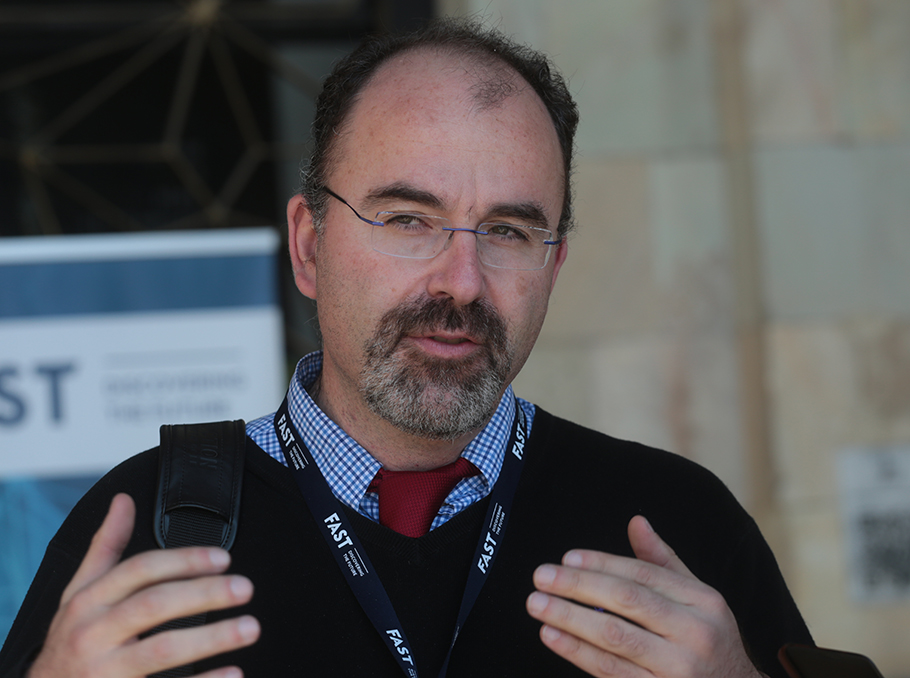 Evangelos Theodorou
Evangelos Theodorou Photo: FAST
Looking at things from different points of view and different perspectives is very important, since it sometimes allows you to provide very creative solutions for existing problems. Crossing the barriers of disciplines and willing to read and study what other communities do is a change that gives us the opportunity to make further progress.
Dr. Mikhail Burtsev, Russia
I’m focused on the conversational intelligence. It’s a part of artificial intelligence, which tries to create, generate human-like dialogues, making machines reply as humans. And here we have a very big progress right now. For instance, machine translation is already almost solved by current technology, by deep neural networks. On the other hand, if we look at dialogues, it becomes a harder problem, because you need to preserve the meaning in machine translation, but you have different representation of the same meaning in different languages. Usually you can have many valid answers in a dialogue, but what is the right one depends heavily not only the context of current dialogue, but also the context of common understanding.
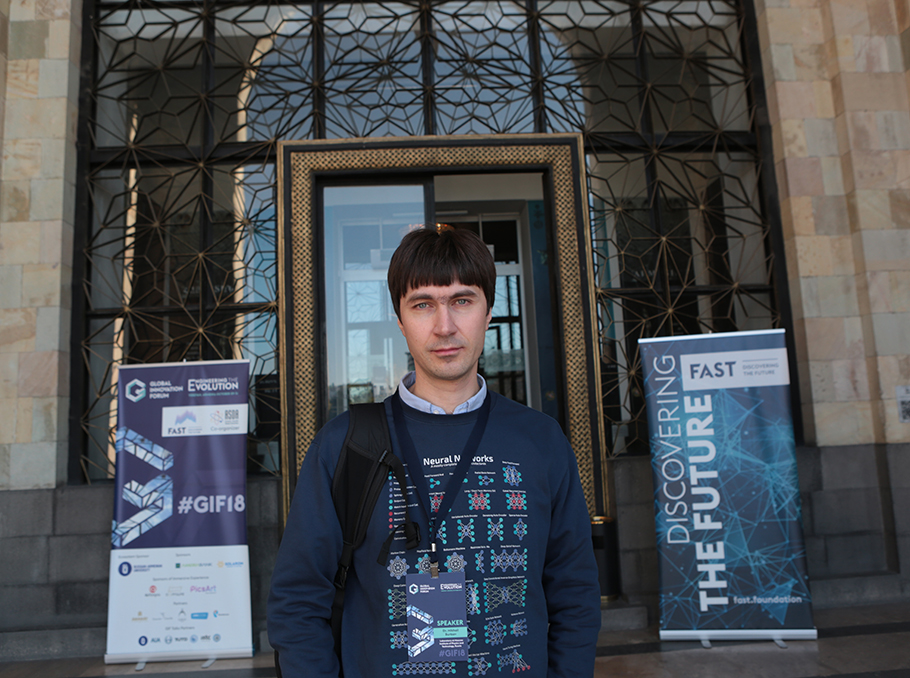 Mikhail Burtsev
Mikhail Burtsev Photo: FAST
To be more natural, artificial intelligence also needs to understand the world like a human, so machines should have a common sense. Now it’s a problem for the technology, since deep neural networks can now successfully do only pattern matching. For instance, if you have a question and you have a text, which has an answer for this question, the technology can find the place and read out the answer for that question. However, it’s not like reasoning about text or something like that; algorithms can recognize what people are talking and classify, for example, compare whether two sentences are similar semantically to each other or not, but having reasoning is still very hard.
AI and ethical issues
Dr Evangelos Theodorou
The development of AI implies ethical issues. Like any other technology, it has the potential of having two sides. For as long as there are critical people in the society who actually think about ethics and the challenges that AI and machine learning bring, I think that everything will be OK.
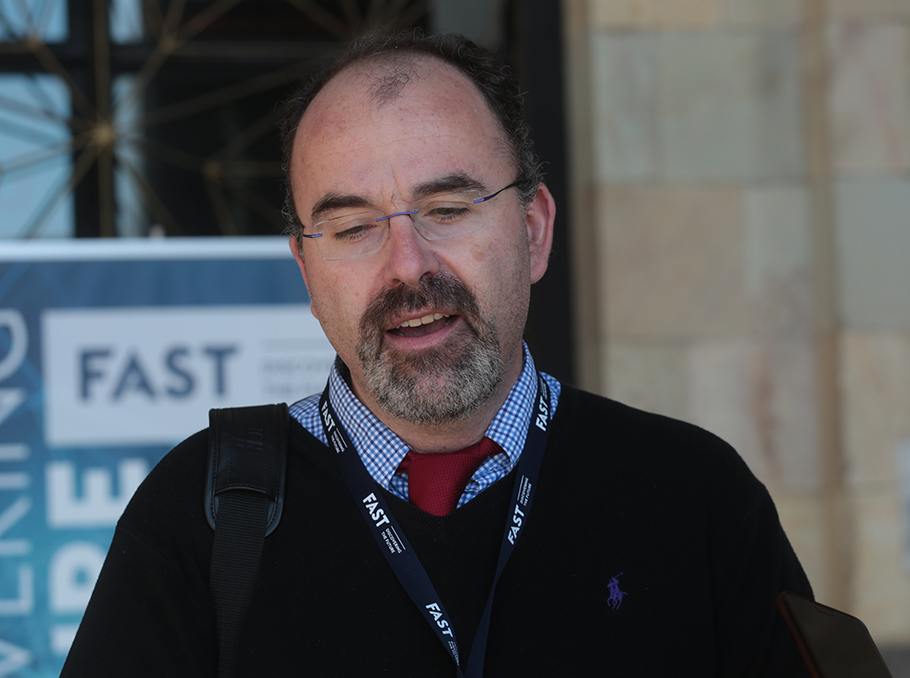 Evangelos Theodorou
Evangelos Theodorou Photo: FAST
The question is whether or not we have the relevant number of critical people in societies to think about this question and discuss it. There are dangers, but I think it’s up to us to decide how we are going to avoid them.
AI and opportunities for Armenia
Dr. Mikhail Burtsev
We have very good links with Armenian communities, because in Russia we organize competitions in AI field and invite teams from other countries as well. We have several Armenian teams participating in competitions, so I see that Armenia has a very good potential in AI. I think that you have bright people and they show very deep understanding of the problems.
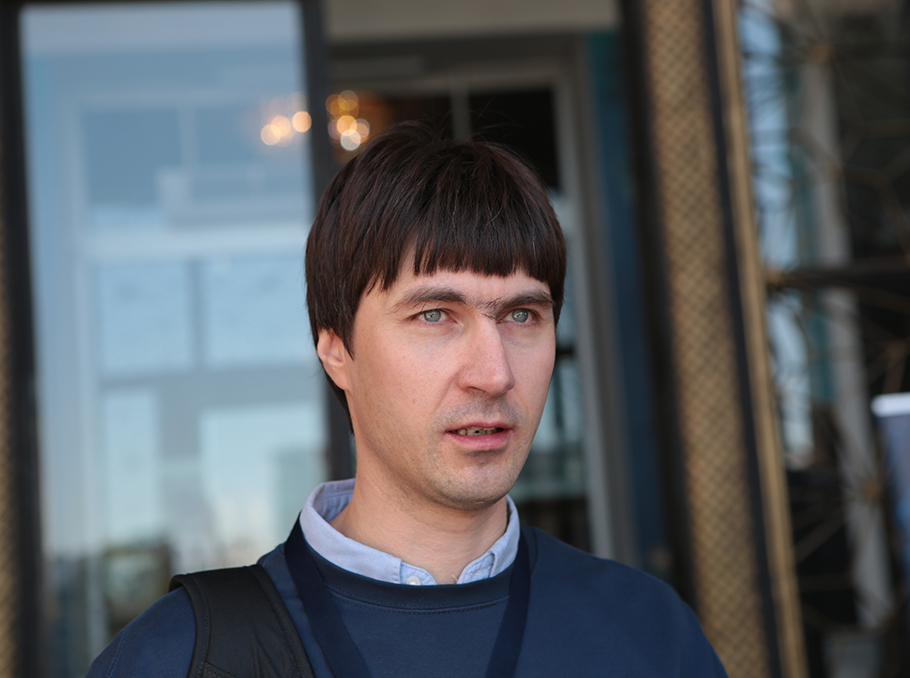 Mikhail Burtsev
Mikhail Burtsev Photo: FAST
It’s my first contact with FAST. The Global Innovation Forum looks very nicely organized, and as I know from my discussions with my colleagues, other projects that were done before, are also great and have a strategic significance. I wish that the initiative will develop with the same speed and the same scale.
Dr. Evangelos Theodorou
I’m positively surprised with Armenia. I have many Armenian friends, very smart people thinking always ahead of time. They have high mentality, so I think that organizations like FAST are great in terms of developing science. The Armenian people have very strong Diaspora, so these efforts will actually be consistent for the future. We are scientists and we understand the language of science, but at some point all of these efforts have to be explained to simple people. It’s also about the support that the society can provide. From what I see in Armenia, I think that you are doing a great job and I want to see more.
Marie Taryan talked to Evangelos Theodorou and Mikhail Burtsev












